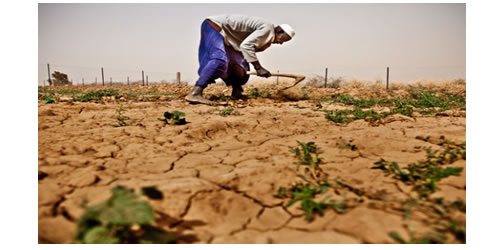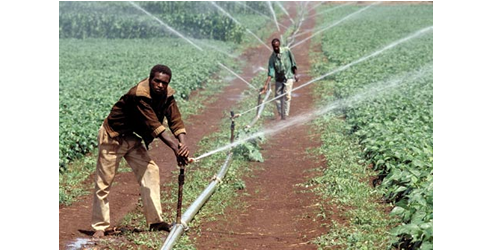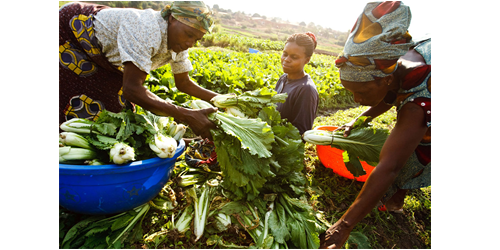W/A best for oil palm plantaion

The West African sub-region, particularly Ghana, is said to present a new opportunity for large-scale palm oil production, the Deputy Minister of Food and Agriculture in charge of crops, Dr Ahmed Yakubu Alhassan, has disclosed.
The deputy minister, who cited research as the source of the discovery, was speaking at a workshop organised by Proforest, a non-profit group, in collaboration with the Ministry of Food and Agriculture.
He said all over the world, the cultivation of oil palm had been faced with challenges – environmental challenges such as forest degradation, loss of critical habitat for endangered species or places of high conservation value and concerns that large-scale forest clearings may contribute to climate change.
The Head of Corporate Affairs of Unilever Ghana, Mr Gabriel Opoku-Asare, said although Ghana was among leading producers of palm oil in Africa, it was a net importer, and its current deficit of 35,000 tonnes in supply could hit over 100,000 tonnes soon.
“Palm oil can be the next gold for Ghana to be key foreign exchange earner, create jobs and improve livelihoods of hundreds of thousands of Ghanaians. But Ghana will only be able to access the large and growing market for sustainably produced palm oil if it commits to sustainable production,” he said.
TFA 2020
Proforest is focused on supporting the responsible production and sourcing of agricultural commodities and forest products, and is spearheading the Tropical Forest Alliance (TFA) 2020 initiative.
Six leading palm oil-producing countries in Africa, including Ghana, Cameroun, Cote d’Ivoire, Gabon, Liberia and Nigeria, are being engaged in the initiative, and other producer countries are expected to join later.
The Africa Regional Director of Proforest, Mr Abraham Baffoe, said, “The vision of the TFA 2020 on Oil Palm Development in Africa is to achieve a prosperous palm oil industry which provides jobs and wealth to local communities in a way that is environmentally and socially sustainable and protects the rich tropical forests of the region.”
He said this was expected to be achieved through developing and supporting the implementation of a set of regional principles for responsible oil palm development that take account of the development plans of countries in Africa, while addressing both environmental targets for reduced deforestation, land use and greenhouse gases; and also social indicators on a range of issues such as land tenure and the rights of indigenous people.
Source: graphic.com.gh





